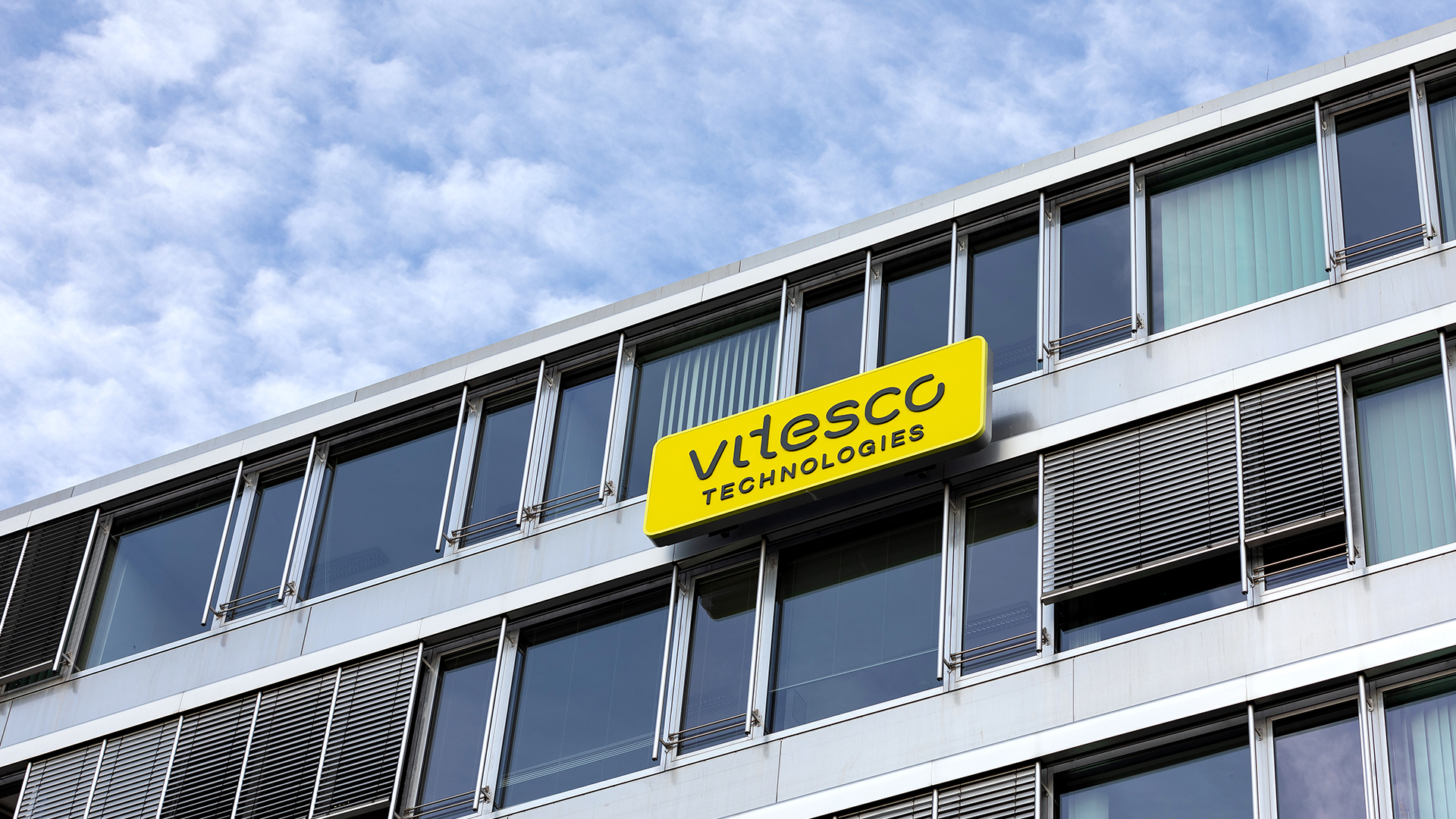









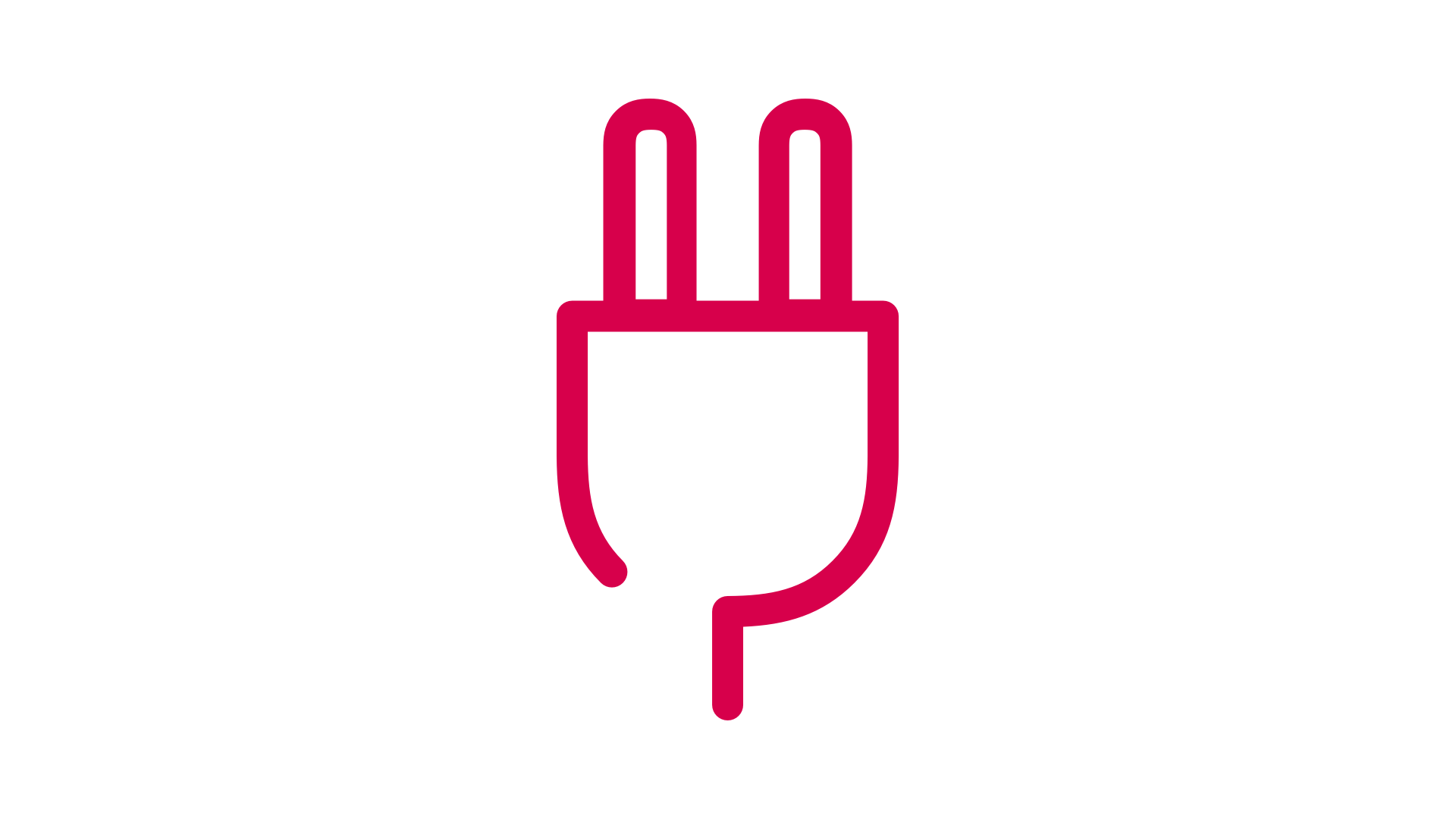
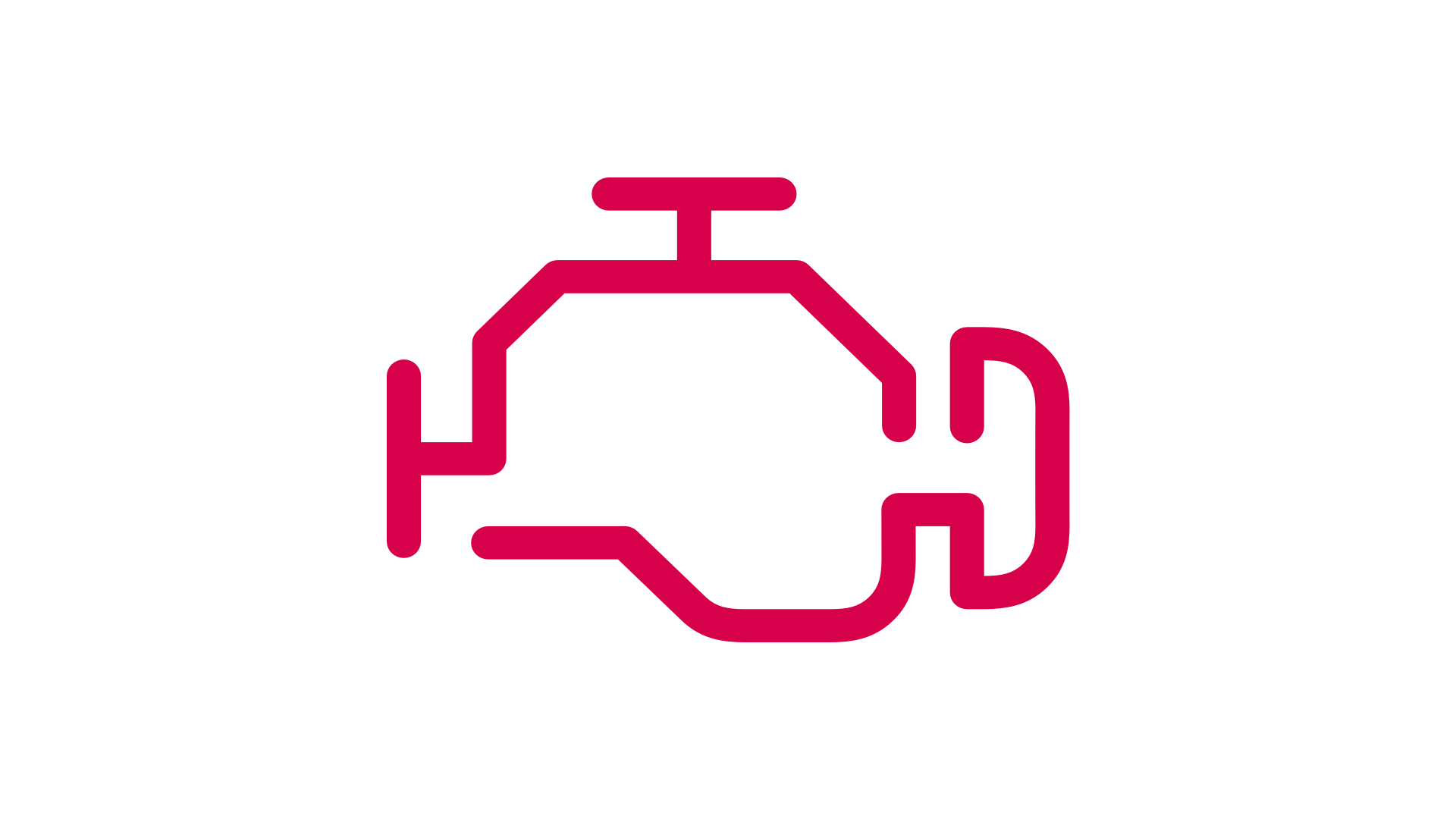

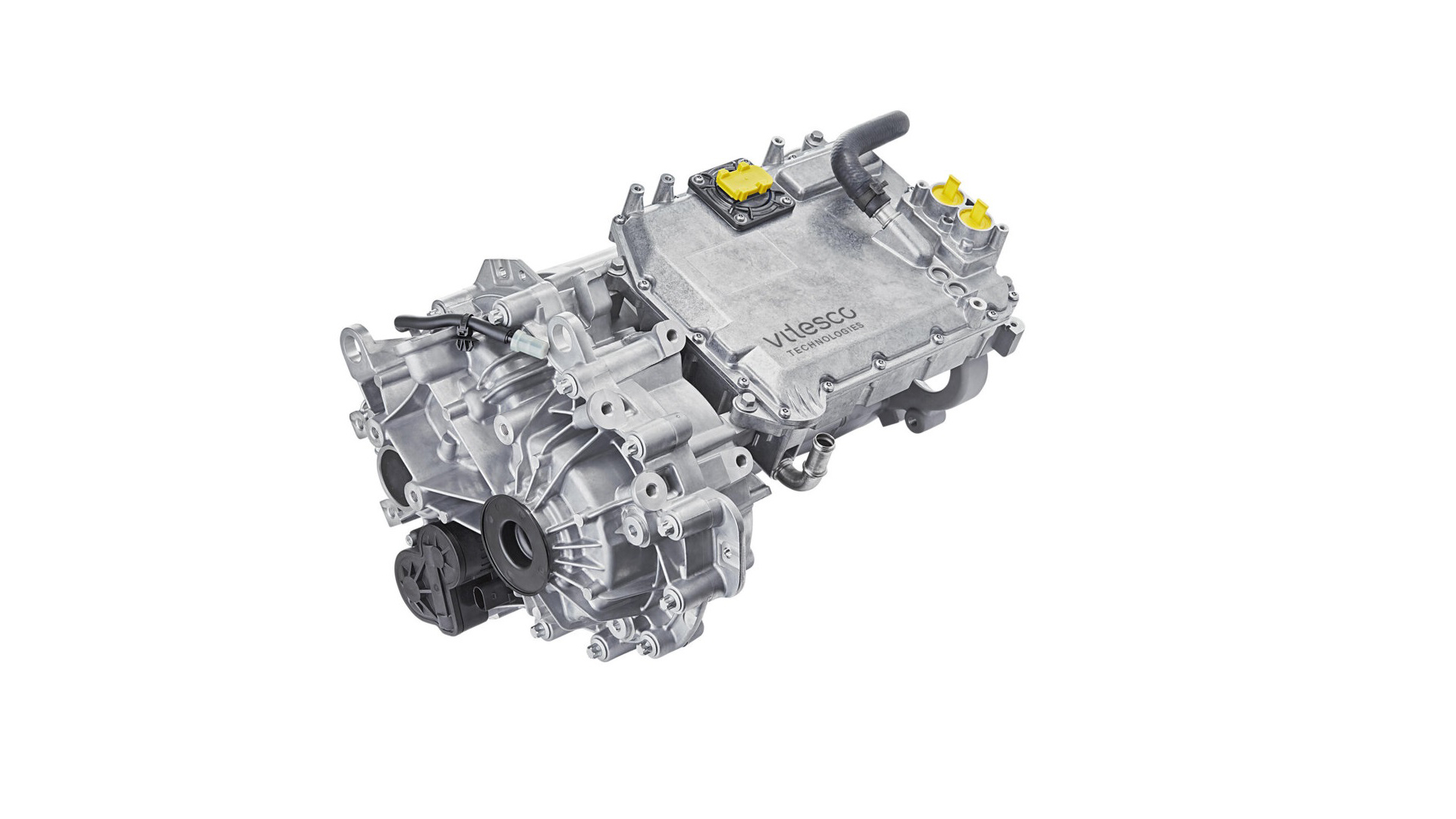
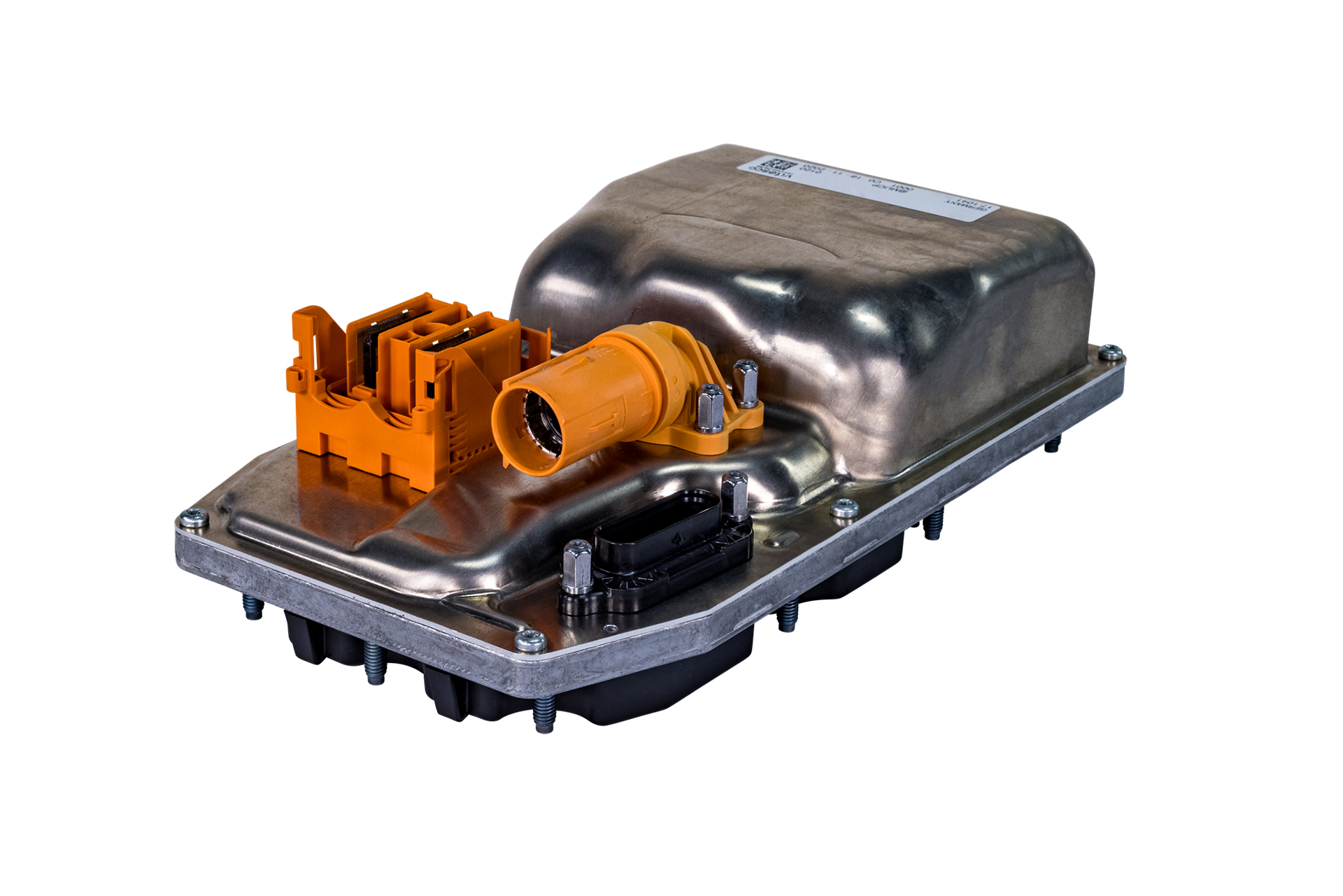
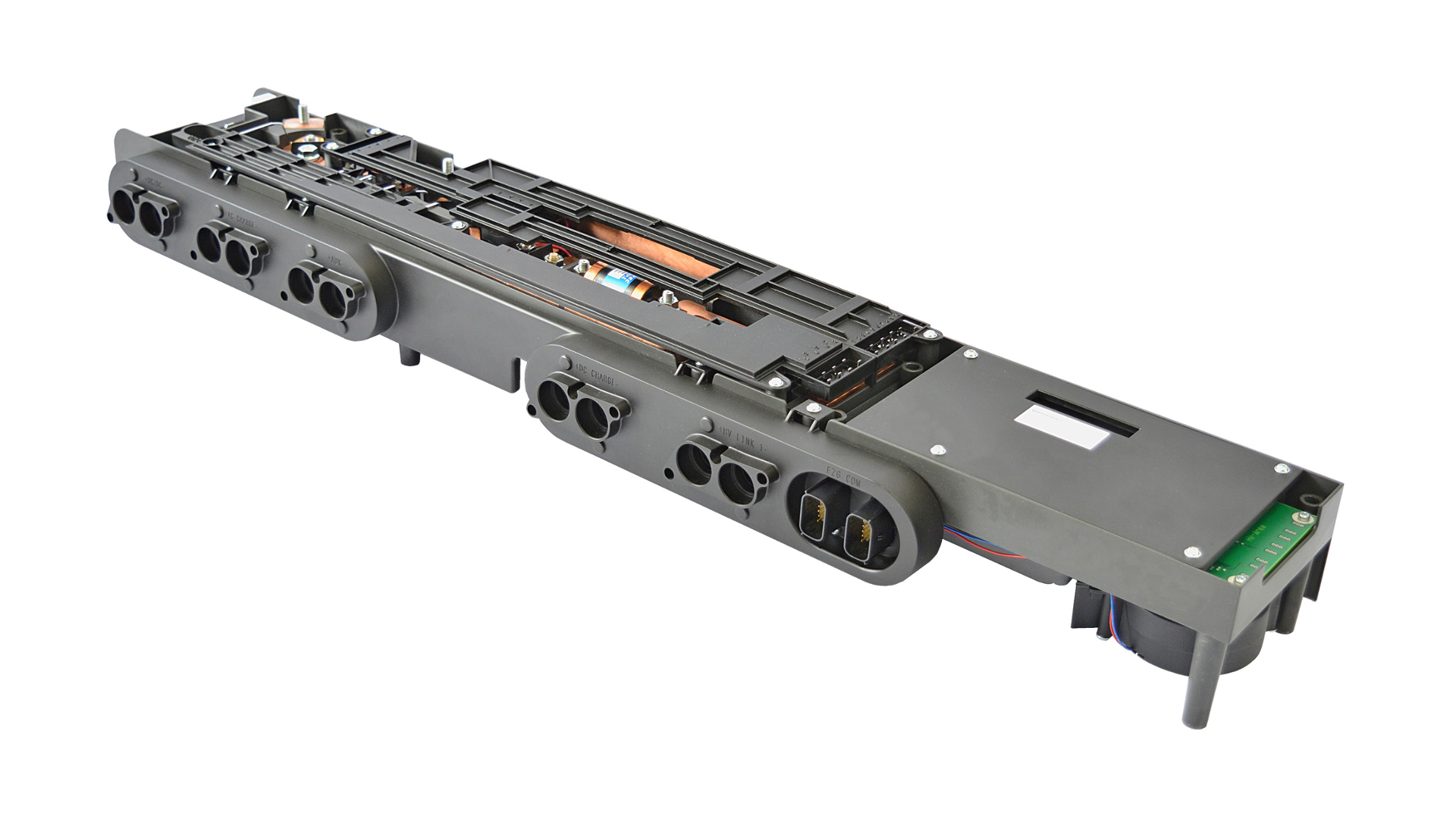
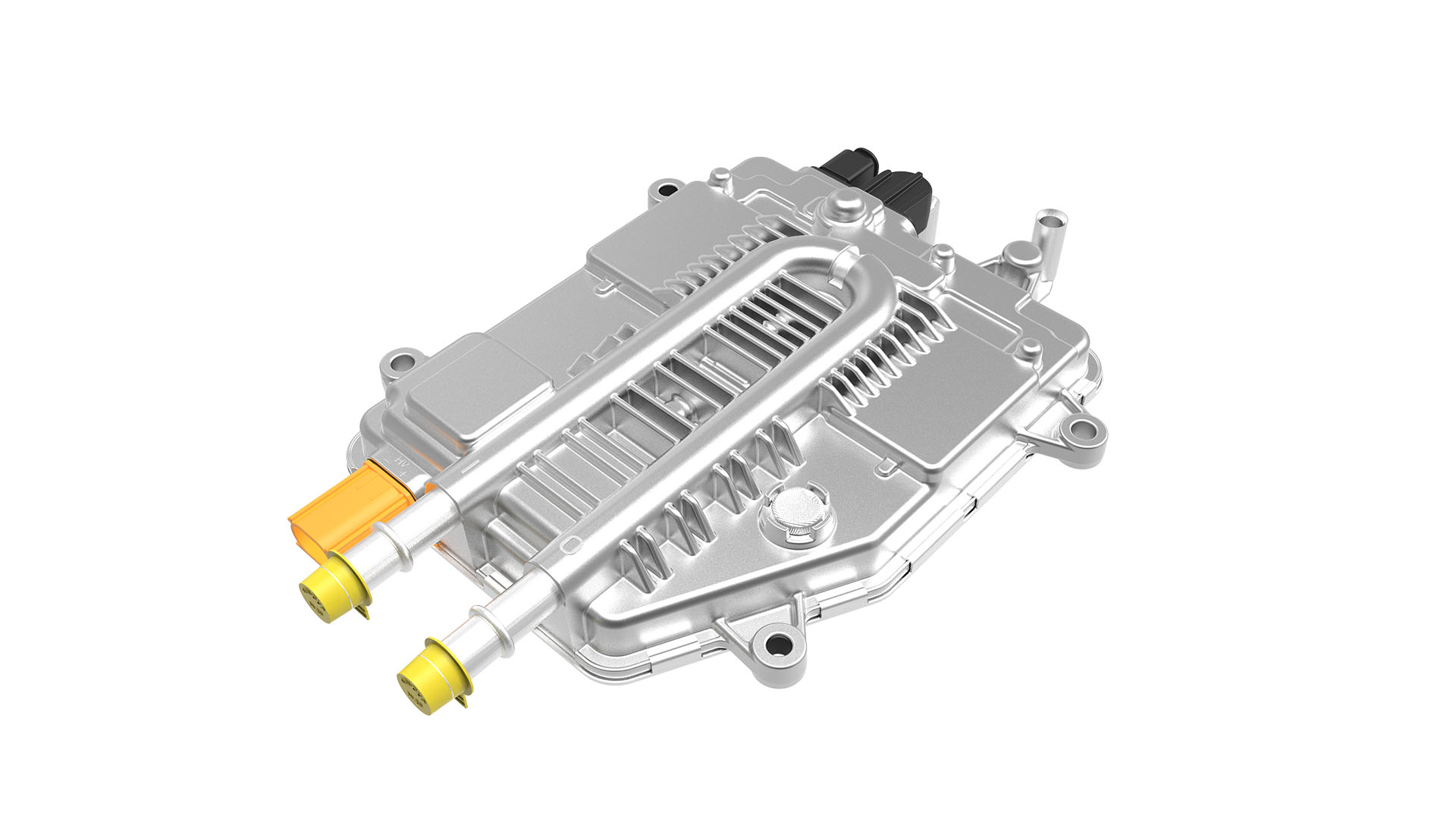
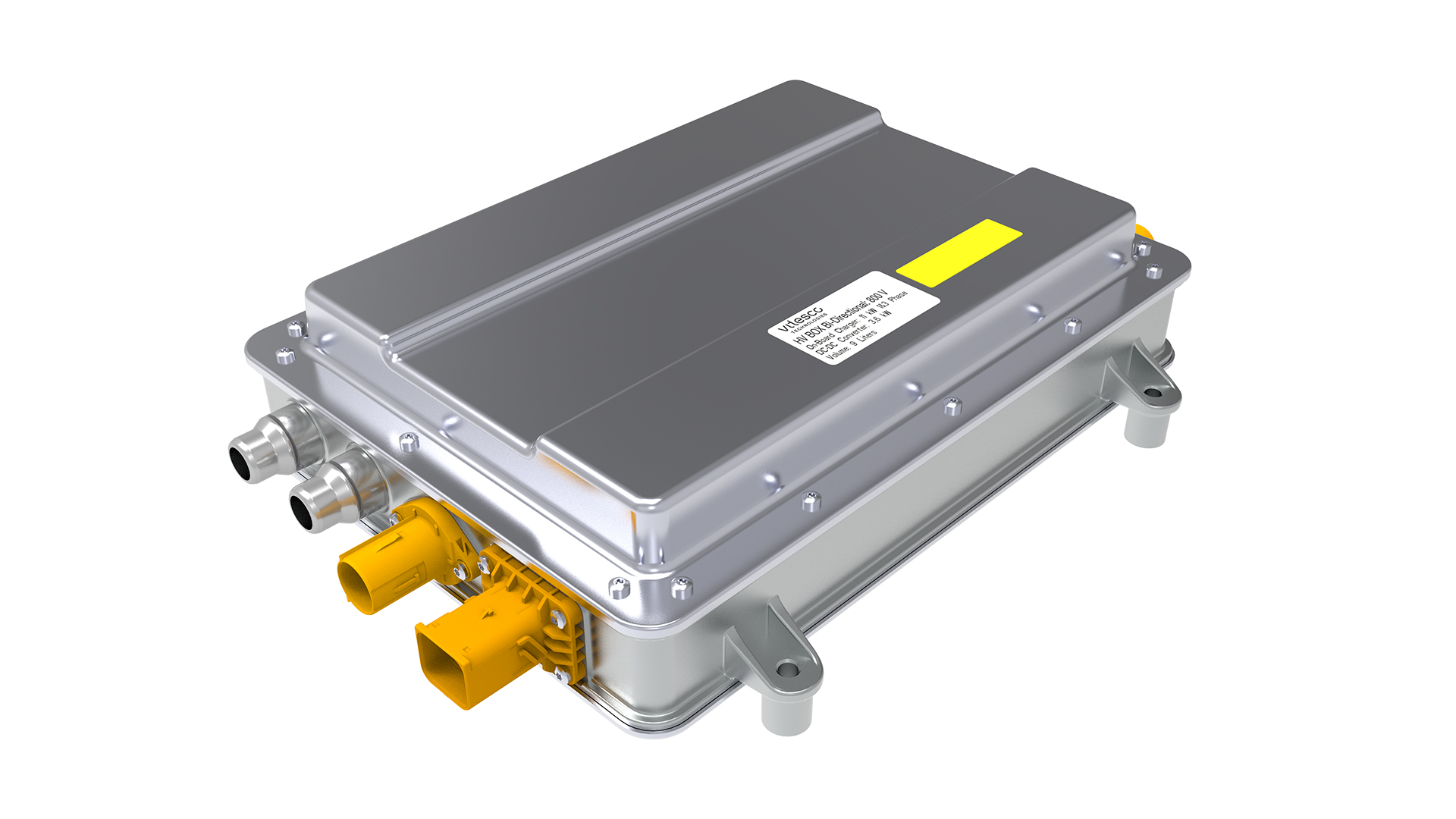

.jpg?width=407&resizemode=force)
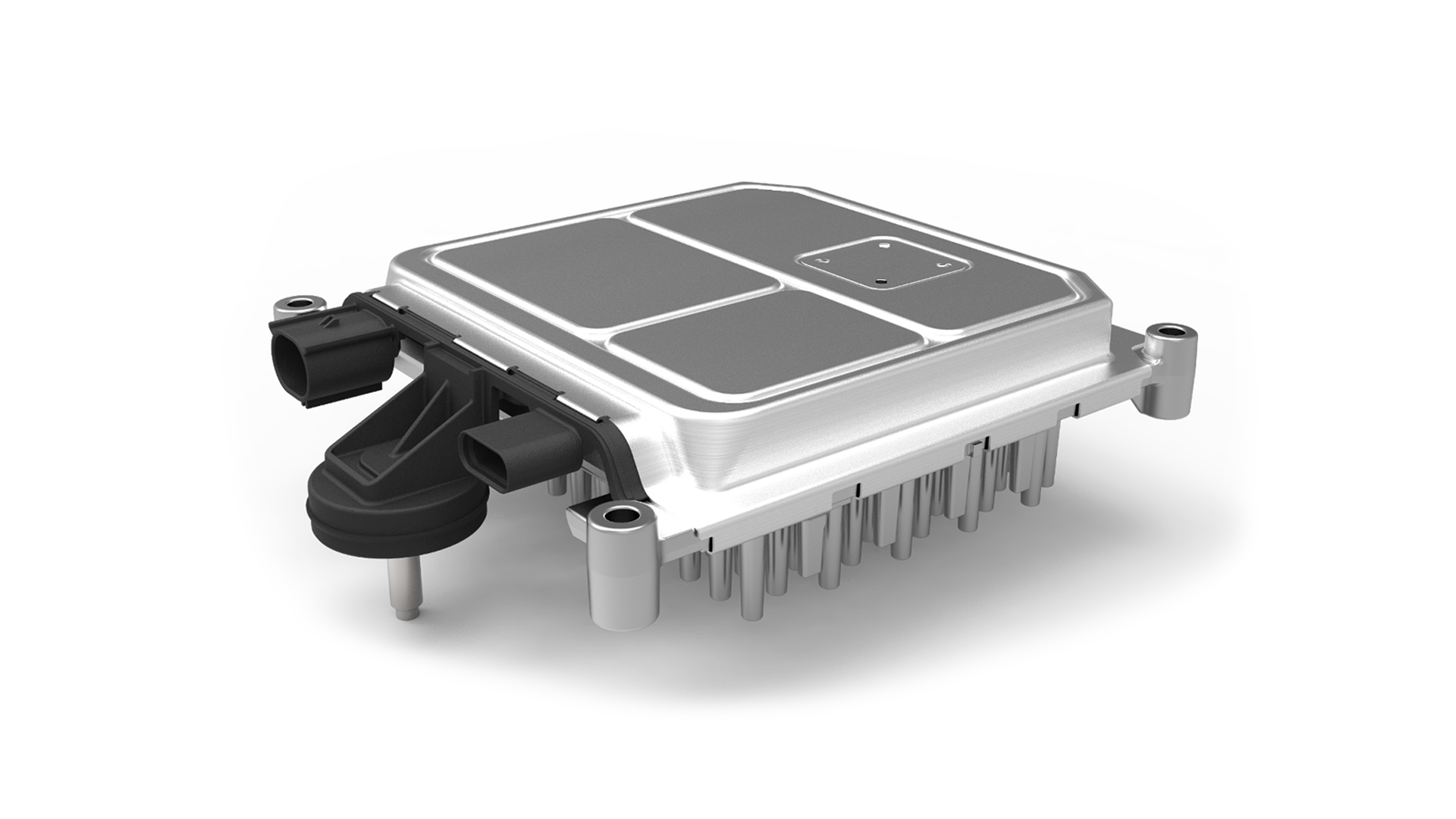

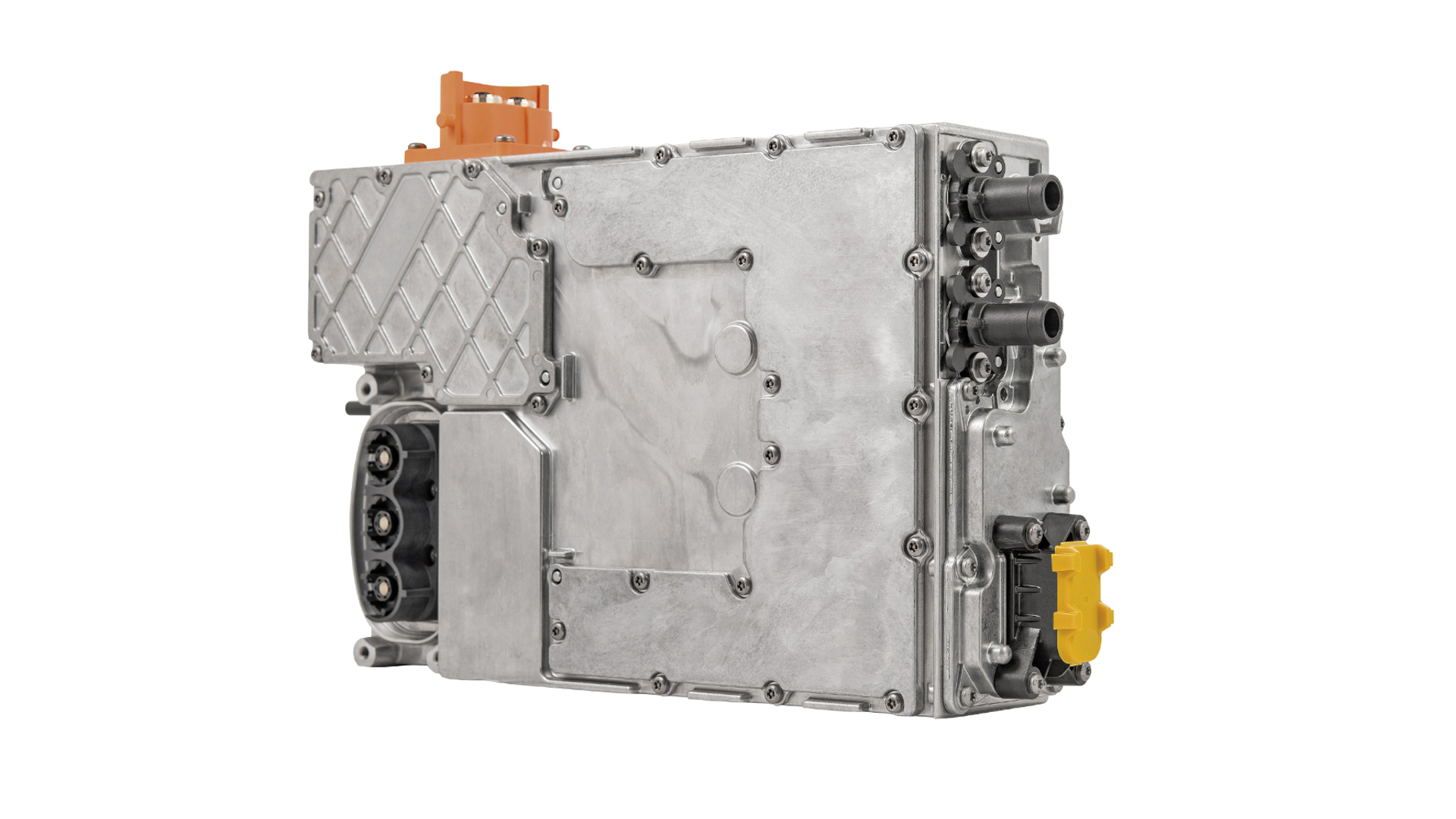







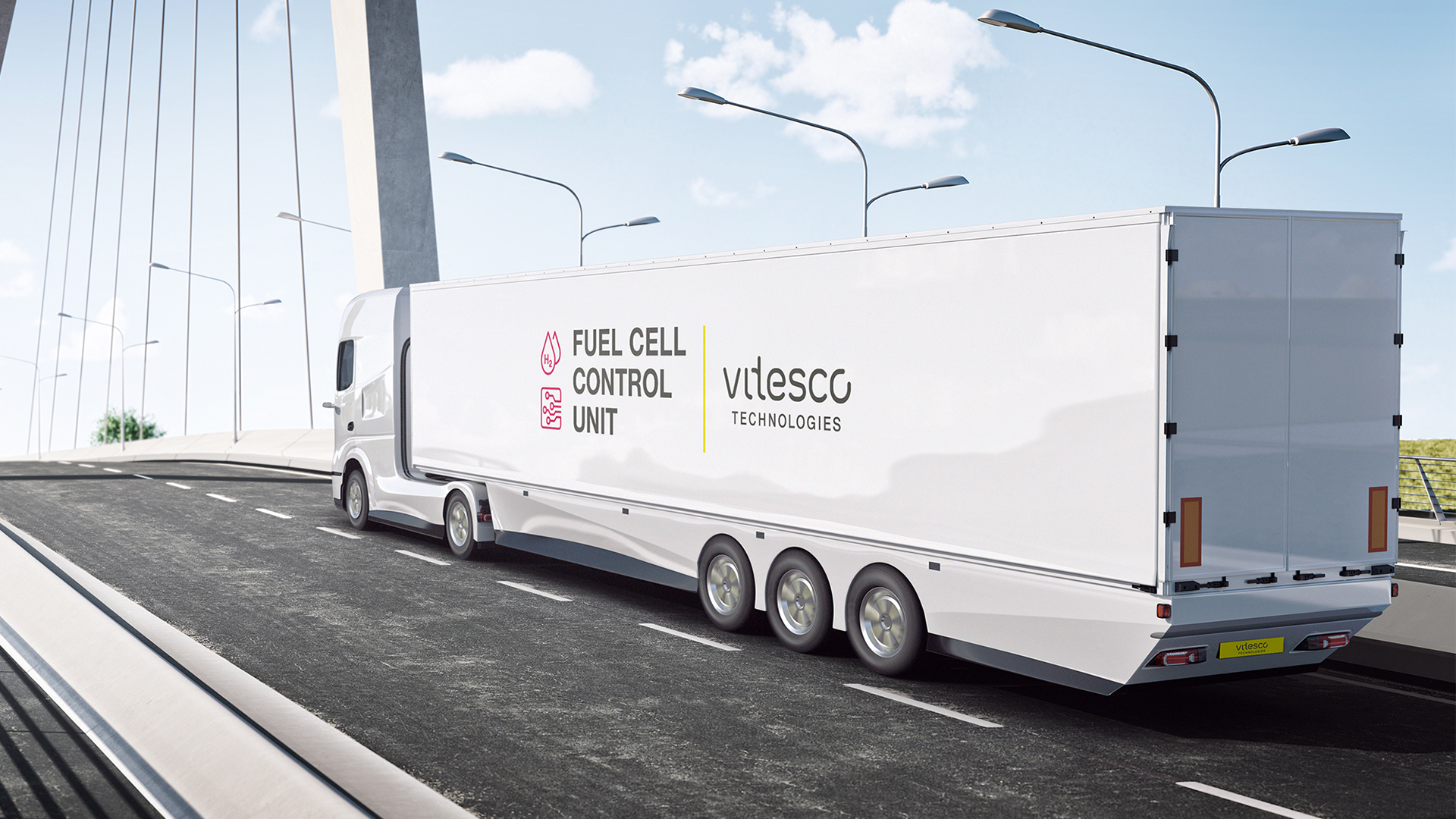




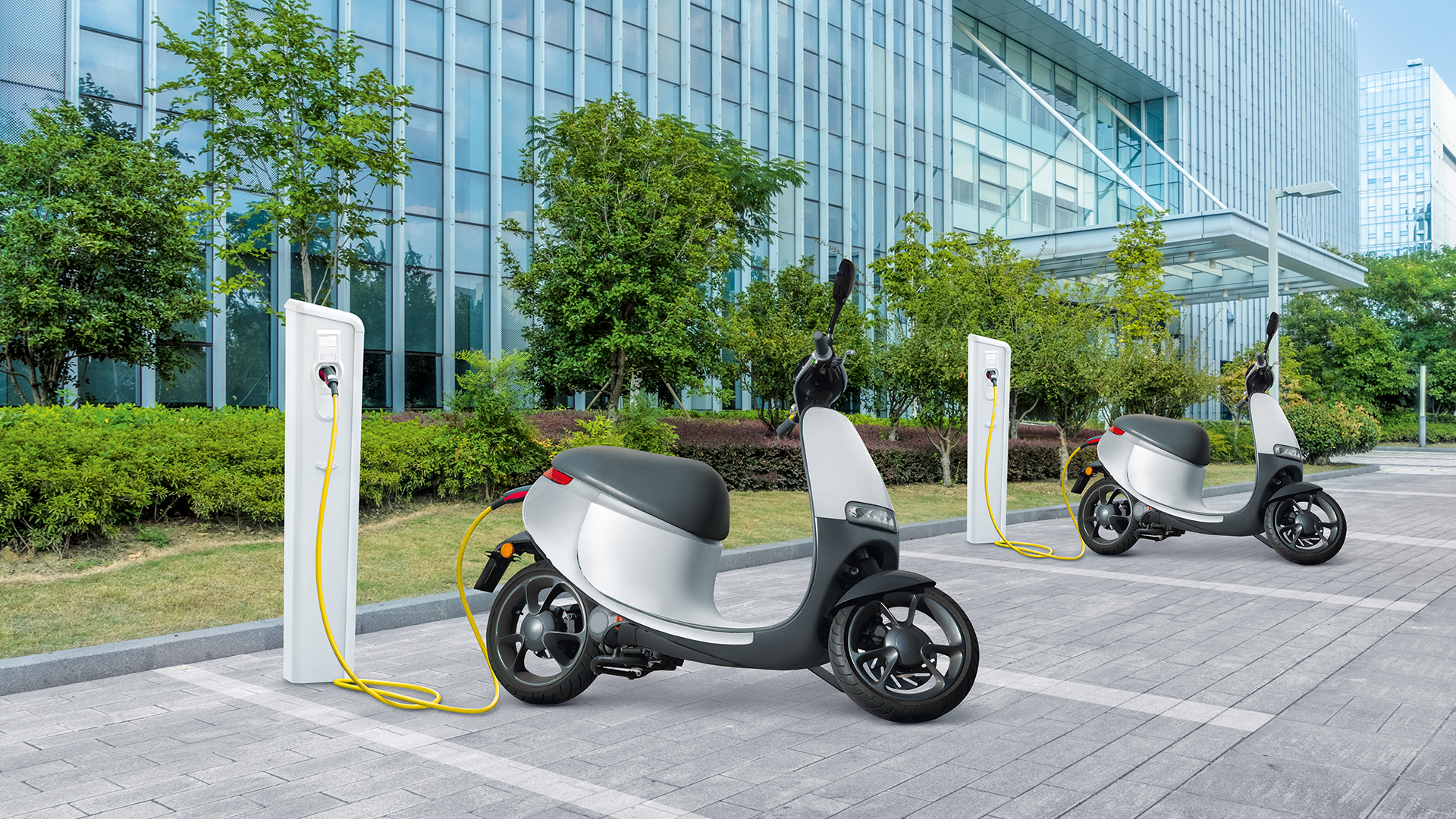
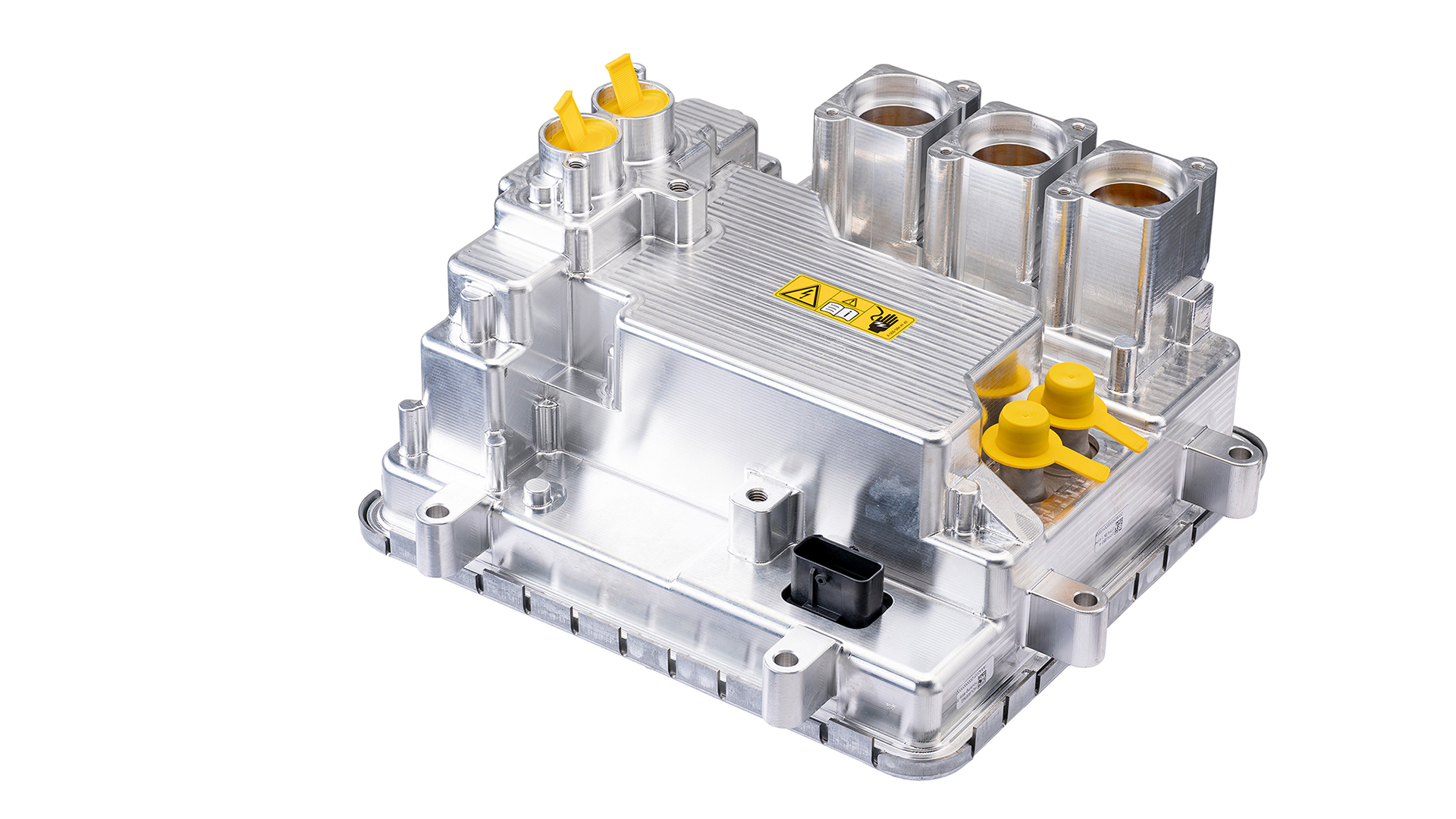



The Vitesco Technologies Group became part of the Schaeffler Group as of October 1, 2024, due to the merger of Vitesco Technologies Group AG into Schaeffler AG.
Please note: Legal or actual changes since October 1, 2024, are therefore no longer reflected in the content of the website.
As the website is no longer updated, we assume no liability for the content of this website, or the linked websites contained therein. The operators of the linked sites are solely responsible for their content.
Irrespective of this, you can still find the current BPCoC and the General Terms and Conditions of Purchase at Vitesco Technologies - Suppliers (vitesco-technologies.com)
Under the following link you will find the current Schaeffler website:



















.jpg?width=407&resizemode=force)




















Regensburg, 4 August, 2021. Some 60 participants in the Electrification Training course from Vitesco Technologies recently received their certificates. In over 90 teaching units over a period of four months, they acquired new knowledge while working: About electric machines, power electronics, energy storage units and charging, the electric vehicle as a system and EMC high-voltage technologies. The curriculum also included a virtual internship at OTH Regensburg. Vitesco Technologies works here in cooperation with the Faculty of Electrical and Information Technology and the Center for Further Education and Knowledge Management (ZWW).
With its qualification initiative, this leading provider of drive technologies and solutions for electric mobility is making its employees ready for new challenges. 45 percent of the participants are already actively involved in electrification projects. Ingo Holstein, CHRO of Vitesco Technologies, explains that it is not necessary to complete a new course of study in order for colleagues from traditional drive areas to be able to work on e-mobility topics.
Since 2019, Vitesco Technologies has already successfully “matched” several hundred employees, mostly from mechanical and related support functions, to e-mobility projects – matching existing skills with those required. “If they match by about 80 percent, they can generally work on e-mobility projects directly,” explains Holstein.
With their specialist knowledge and many years of professional experience, fresh graduates of the latest electrification training course are ideally placed: 70 percent have studied mechanical engineering before starting their careers, while eight percent studied automotive engineering. As was the case for all engineers at Vitesco Technologies, all age groups were also represented in the course. Some already saw their highest grades more than 20 years ago, while for others it has been less than five. Regardless, the company bears all the costs for the training. Additionally, half of the lessons take time during their working hours.
Ulrike Abuzat, a graduate of the latest training course, welcomes this commitment: “It’s not possible to work without change. That’s why for me, continuing education is simply always a part of it.” The mechanical engineer explained that the training gave her a competent, practical and comprehensive insight into various areas of e-mobility: “I was very impressed by it all, despite 36 years of professional experience in mechanics. The training has given me a good foundation and strengthened my motivation to deepen that knowledge.”
Working as an engineer in development also means always keeping up with the times, acquiring new skills and knowledge, confirms Thomas Kraft, another participant in the training and a system engineer for high-voltage drives at the Regensburg location: “I was surprised by the enormous scope of the program, which also impressively illustrated that e-mobility doesn’t just mean swapping the drive. These new technologies and their possibilities will fundamentally change mobility itself.”

With its qualification initiative Vitesco Technologies, a leading provider of drive technologies and solutions for electric mobility, is making its employees ready for new challenges.
© Vitesco Technologies GmbH (exclusive rights)

45 percent of the participants are already actively involved in electrification projects at Vitesco Technologies.
© Vitesco Technologies GmbH (exclusive rights)

With their specialist knowledge and many years of professional experience, fresh graduates of the latest electrification training course by Vitesco Technologies are ideally placed.
© Vitesco Technologies GmbH (exclusive rights)

Due to the pandemic, Vitesco Technologies' latest certification course of over 90 training units was held online.
© Vitesco Technologies GmbH (exclusive rights)